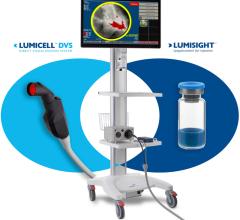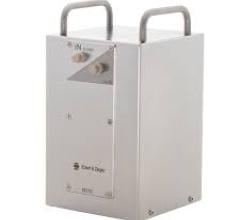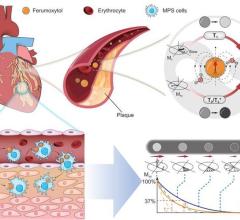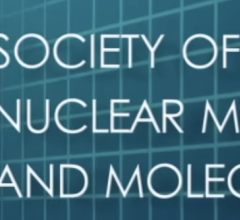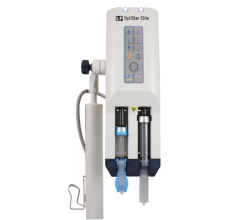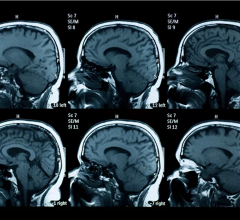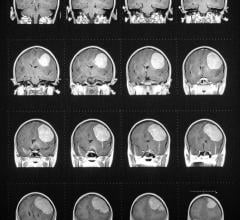MultiHance is the highest relaxivity gadolinium-based MRI contrast agent approved for use in the US for MRI of the CNS.
MultiHance is indicated for intravenous use in MRI of the CNS in adults to visualize lesions with abnormal blood brain barrier or abnormal vascularity of the brain spine, and associated tissues.
MultiHance is an MRI contrast agent that has nearly twice the relaxivity of other gadolinium-based contrast agents approved for CNS MRI, providing a marked increase in Signal-to-Noise Ratio (SNR) in T1-weighted images. Unlike other paramagnetic contrast agents, MultiHance demonstrates weak and transient interactions with serum proteins that cause slowing in the molecular tumbling dynamics, resulting in strong increases in relaxivity in solutions containing serum proteins, according to the company. The improved relaxation effect could potentially contribute to improved visualization.
WARNING: NEPHROGENIC SYSTEMIC FIBROSIS
Gadolinium-based contrast agents increase the risk for nephrogenic systemic fibrosis (NSF) in patients with:
- Acute or chronic severe renal insufficiency (glomerular filtration rate
- Acute renal insufficiency of any severity due to the hepato-renal syndrome or in the perioperative liver transplantation period.
In these patients, avoid use of gadolinium-based contrast agents unless the diagnostic information is essential and not available with non-contrast enhanced magnetic resonance imaging (MRI). NSF may result in fatal or debilitating systemic fibrosis affecting the skin, muscle and internal organs. Screen all patients for renal dysfunction by obtaining a history and/or laboratory tests. When administering a gadolinium-based contrast agent, do not exceed the recommended dose and allow a sufficient period of time for elimination of the agent from the body prior to any readministration.


 July 09, 2024
July 09, 2024 

